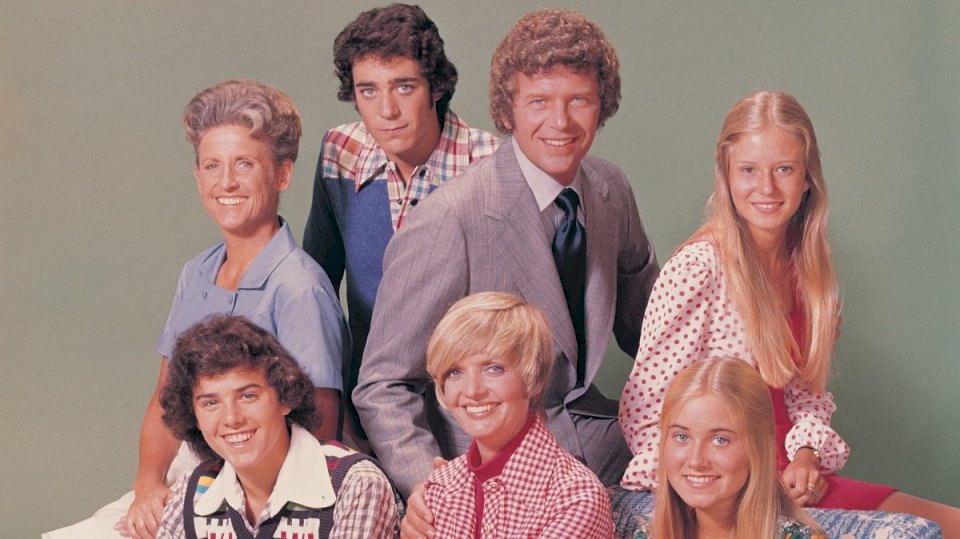"Dragnet," the groundbreaking American police procedural TV series, debuted on radio in 1949 and transitioned to television in 1951, leaving an indelible mark on the world of entertainment and law enforcement storytelling. Created by Jack Webb, who also starred as the iconic Sgt. Joe Friday, "Dragnet" presented a no-nonsense, fact-based approach to police work that resonated with audiences and law enforcement professionals alike. In this article, we will explore the history, characters, format, cultural impact, and enduring legacy of "Dragnet," a series that not only entertained but also shaped the perception of law enforcement in American culture.
(Watch the video below)

The Origins of "Dragnet"

Jack Webb, a talented actor, producer, and director, developed "Dragnet" with the goal of creating a realistic and authentic portrayal of police work. Webb's fascination with law enforcement and crime-solving led him to collaborate with real-life LAPD detective Marty Wynn to ensure accuracy and authenticity in the series.
The radio version of "Dragnet" premiered on June 3, 1949, and featured Webb as the no-nonsense Detective Sergeant Joe Friday, accompanied by Barton Yarborough as his partner, Sergeant Ben Romero. The show's narrative style, with its use of "just the facts, ma'am" and "the names have been changed to protect the innocent," became iconic and synonymous with the series.
Transition to Television and Introduction of Joe Friday

In 1951, "Dragnet" made its transition from radio to television, marking a significant milestone in the medium's history. Jack Webb reprised his role as Joe Friday, who became the central figure in the TV adaptation. Ben Alexander joined the cast as Officer Frank Smith, Joe Friday's new partner, and the two formed a formidable and enduring partnership.
The television version of "Dragnet" was lauded for its realistic approach to crime-solving and its adherence to accurate police procedures. The show's commitment to authenticity and factual accuracy set it apart from other crime dramas of its time, cementing its reputation as a groundbreaking series.
Episodic Structure and Authenticity

"Dragnet" followed an episodic structure, with each episode featuring a self-contained story of a crime investigation. Based on real-life cases and police files, the show presented viewers with a realistic portrayal of the investigative process, from the initial crime scene to the arrest and trial of the suspects.
The show's attention to detail and commitment to authenticity extended to its use of real police jargon and procedures. Webb worked closely with the Los Angeles Police Department (LAPD) to ensure that the police tactics, terminology, and equipment depicted on the show were accurate and true to life.
In addition to its realism, "Dragnet" also served as a platform for raising awareness about various social issues. The series tackled relevant and timely topics, including drug abuse, juvenile delinquency, and organized crime, bringing these issues into the public consciousness and sparking important conversations.
Impact on Television and Popular Culture
"Dragnet" became a cultural phenomenon and a ratings hit during its original run from 1951 to 1959. The show's realism and adherence to factual accuracy set a new standard for crime dramas and police procedurals on television.
The success of "Dragnet" led to a revival of the series in 1967 as "Dragnet 1967," with Jack Webb reprising his role as Joe Friday. The revival maintained the original show's commitment to authenticity while addressing contemporary social issues of the late 1960s.

The iconic theme music of "Dragnet," composed by Walter Schumann, became instantly recognizable and synonymous with the genre. The show's opening narration, delivered by George Fenneman, further added to the series' distinctive and memorable identity.
Moreover, "Dragnet" influenced a generation of viewers and aspiring law enforcement professionals. The show's portrayal of police work and its dedication to factual accuracy served as a source of inspiration for those interested in law enforcement careers.
Spin-Offs and Adaptations
The success of "Dragnet" inspired several spin-offs and adaptations. "Dragnet 1967" was followed by another revival in 2003, titled "L.A. Dragnet," which updated the series for a modern audience while maintaining its realistic approach to police work.
In 1954, the character of Joe Friday was also adapted into a feature film titled "Dragnet," further solidifying the character's status as an iconic figure in American popular culture.
Legacy and Enduring Influence

"Dragnet" left a lasting legacy on television and the crime drama genre. Its realistic portrayal of police work and its dedication to factual accuracy became a standard for subsequent crime dramas, influencing series like "Law & Order," "Hawaii Five-O," and "NYPD Blue," among others.
The character of Joe Friday, with his stoic demeanor and dedication to justice, became an enduring icon of law enforcement. Jack Webb's portrayal of Friday was a defining aspect of the character, showcasing Webb's talents as an actor and director.
Beyond its impact on television, "Dragnet" also influenced the public's perception of law enforcement and crime-solving. The show's commitment to realism and factual accuracy helped humanize police officers and shed light on the challenges they face in their line of duty.
Conclusion

"Dragnet" remains a groundbreaking and iconic television series that set the standard for police procedurals and crime dramas. Jack Webb's dedication to authenticity and factual accuracy made the show a realistic and compelling portrayal of police work, captivating audiences with its episodic investigations and memorable characters.
The show's legacy and enduring influence on the crime drama genre are a testament to its enduring popularity and cultural significance. As television continues to evolve, "Dragnet" remains a timeless representation of the pursuit of justice and the tireless dedication of law enforcement officers to keep communities safe. With its timeless stories and iconic characters, "Dragnet" will continue to capture the hearts and minds of audiences for generations to come, cementing its place as one of the most enduring and beloved crime dramas in television history.



